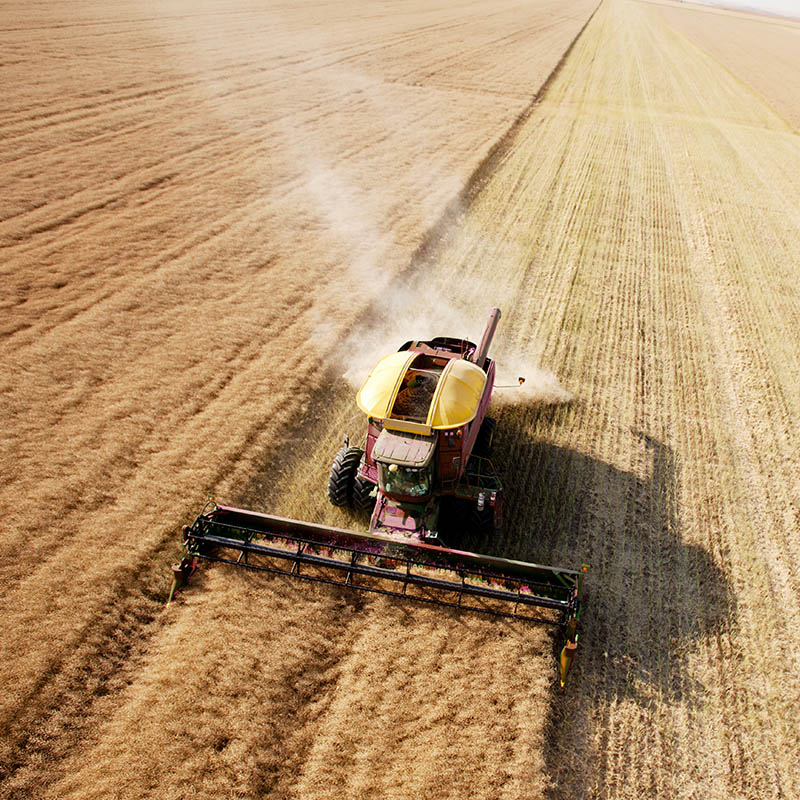Cooper Grace Ward has been announced as the winner of four categories in the latest Beaton Client Choice Awards: Best Australian Law Firm, Best Professional Services Firm, Most Innovative Law ...

At a state level, owners and users of all land in Queensland have a General Biosecurity Obligation (GBO) under the Biosecurity Act 2014 (Qld).
This includes:
Anyone who works on or uses land is responsible for managing the biosecurity risks under their control. This includes biosecurity risks that a person should be aware of given that person’s degree of control of the biosecurity risk. If a biosecurity risk becomes a biosecurity event, a person must take reasonable and practical steps to mitigate the risk of a pest, disease or contaminant on the land and prevent harm to the environment, economy and human health.
For example, a contractor working on a coal seam gas field would be required to wash down their vehicles and equipment before entering the land to prevent the spread of diseases and pests to the landowner’s land. The landowner must monitor their land, bring to the attention of the contractor any concerns they may have and work with the contractor to prevent a biosecurity risk or event from occurring.
A biosecurity event can have significant effects on the Australian environment and economy. The spread of fire ants in Queensland has already cost the Australian economy a substantial amount, and, if it continues, could cost the infrastructure industry $6.84 million a year, the medical industry $114 million a year, golf courses $224 million a year and the cattle industry $308 million a year.
Given the ramifications of a biosecurity event for a landowner and any associated entities, any agreements or contracts entered into should include provisions setting out who is responsible for managing a biosecurity risk.
Anyone who fails to comply with the GBO may be prosecuted for an offence that carries a maximum penalty of $391,650 or three years’ imprisonment under the Biosecurity Act 2014 (Qld) if the event was committed intentionally or recklessly and caused significant damage to public health and safety or to the economy or environment. Even if the offence did not cause significant damage, the penalties may still be severe with a maximum penalty of up to $130,550 or one year‘s imprisonment.
If you have any questions about how the general biosecurity obligation may affect you, please contact Leanne O’Neill for more information.
This publication is for information only and is not legal advice. You should obtain advice that is specific to your circumstances and not rely on this publication as legal advice. If there are any issues you would like us to advise you on arising from this publication, please let us know.
Subscribe to our interest lists to receive legal alerts, articles, event invitations and offers.

In this edition of It depends, family partner Justine Woods discusses whether you can safeguard an intergenerational family business from a family law claim. Video Transcript Hello. Hello, everyone. ...
Cooper Grace Ward acknowledges and pays respect to the past, present and future Traditional Custodians and Elders of this nation and the continuation of cultural, spiritual and educational practices of Aboriginal and Torres Strait Islander peoples.
Fast, accurate and flexible entities including companies, self-managed superannuation funds and trusts.